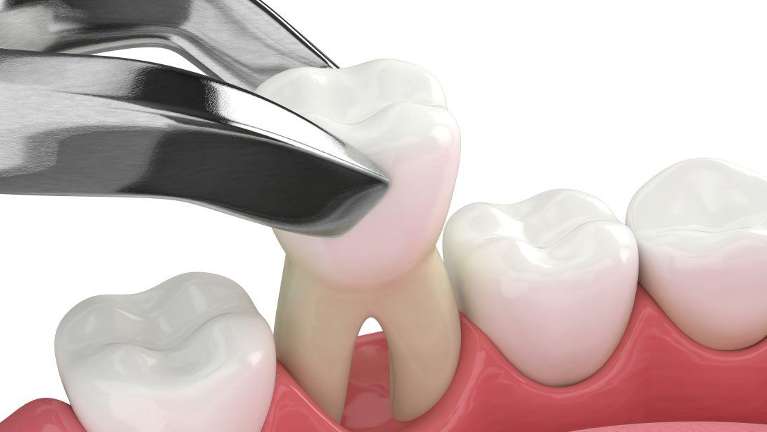
Dental extractions are straightforward dental procedures your Bellevue dentist performs regularly. You may require an extraction if you have severe tooth decay, tooth crowding, or an impacted wisdom tooth. Although your dentist wants to help you keep your natural teeth, dental extractions are sometimes the best way to maintain oral health.
After a tooth extraction, following your dentist’s recommendations is essential to avoid developing a dry socket. However, if you lose the blood clot at the extraction site and develop a dry socket, knowing what to do can help prevent discomfort and infection.
What Is a Dry Socket?
After your dentist removes a tooth, your body’s natural way of healing is for a blood clot to form over the removal site. This blood clot protects and heals the nerve endings and bone. If the clot comes loose, it is known as a dry socket. This condition can be painful and keep you from healing.
How to Avoid a Dry Socket
Preventing a dry socket is important to heal properly after an extraction. You can avoid a dry socket by following these steps:
Avoid Straws
When you drink from a straw, the suction can dislodge your blood clot, so avoid straws until your mouth heals.
Avoid Smoking
If you smoke or use tobacco, your risk for a dry socket increases. Inhaling smoke can dislodge your blood clot, and the chemicals in tobacco can slow your healing time.
Eat Soft Foods
To protect your extraction site, you should eat soft foods such as applesauce, yogurt, and mashed potatoes. Hard, crunchy foods can dislodge your blood clot.
Keep Your Mouth Clean
You can prevent a dry socket by keeping your mouth clean. Rinse your mouth with warm water after your extraction, and brush your teeth gently.
Treatment Options
It’s normal to experience discomfort after a tooth extraction, but taking over-the-counter pain relievers should be sufficient. If you dislodge your blood clot and develop a dry socket, you may have any of the following symptoms:
- Intense pain
- Radiating pain in your face and head
- Bad breath or a bad taste in your mouth
- Visible bone in your extraction site
Be sure to call your dentist immediately if you suspect a dry socket. They can treat your condition with prescription medications and help alleviate your pain.
Questions about Extractions in Bellevue, NE?
If you have questions about extractions or dry sockets, we are ready to take your call! At Kennedy Dental, we want to help you maintain the best oral health possible. Call our dental office at (402) 291-3535 for more information.
